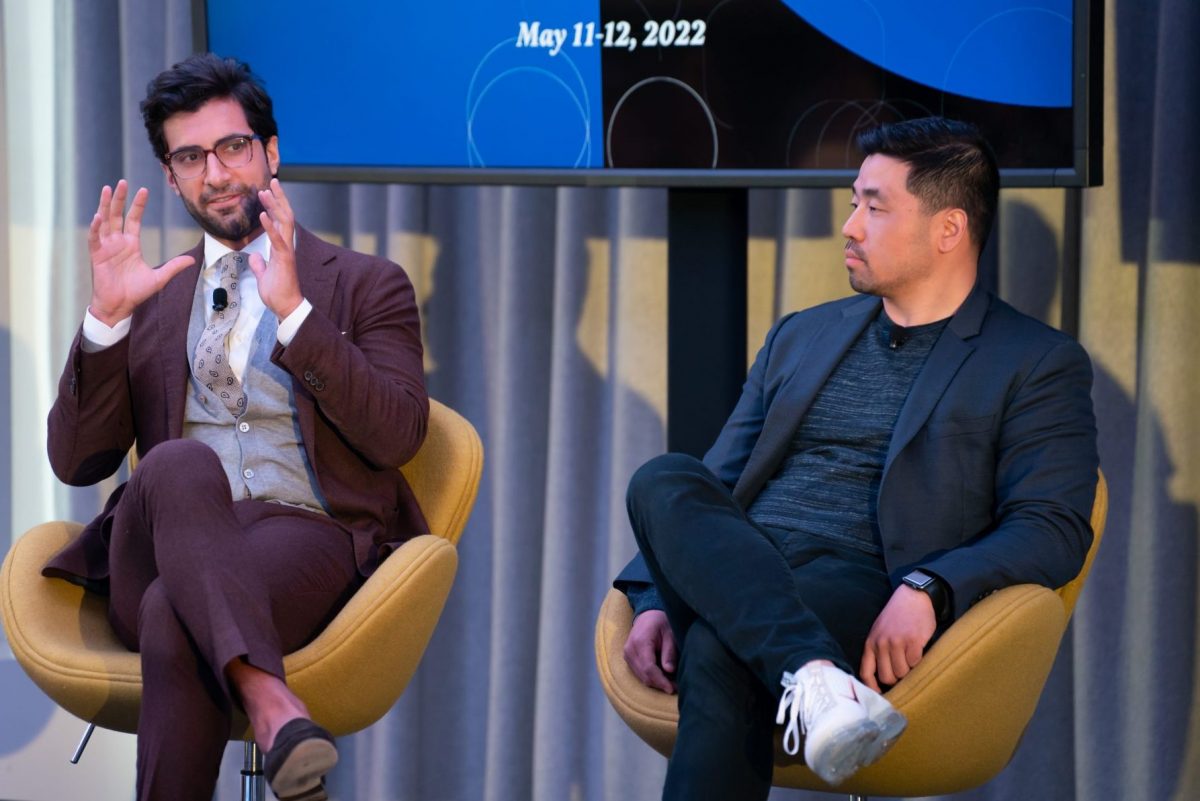Skift Take
CitizenM is willing to take a profit hit to entice long-term guest loyalty, while Life House seeks to limit guest services to extract maximum profits for owners. The sustainable business model award goes to CitizenM.
CitizenM and Life House are hospitality contrarians in their approaches to hotel-guest relationships, and their strategies diverge from one another, as well.
Ernest Lee, CitizenM’s chief growth officer, said traditional hotels have things backward when they entice guests to prove their value to the brands in order to earn higher rewards. Instead, Lee argued, CitizenM is trying to first prove its value to guests to win long-term loyalty over a 10-year period, for example.
That’s why CitizenM recently launched its citizenM+ membership program for $120 per year. Among its features, the subscription offers 10 percent discounts on stays and “free” late check-outs, among other perks.
While that might seem like a money-losing proposition, Lee said CitizenM’s short-term sacrifice will lead to long-term gains in guest loyalty. He likened it to people thinking Amazon was crazy for offering free shipping for Prime members.
CitizenM, Lee said, focuses on the “mobile citizen,” whether the guest is on a business or leisure trip, and is seeking to learn how to better serve in an era of decentralization where people can live and work anywhere.
Meanwhile, Rami Zeidan, founder and CEO of Life House, said although the company has some branded hotels, it is primarily a business-to-business play for hotel owners, trying to find ways for them to achieve maximum profits. Life House concentrates what to give guests at scale — and what not to give them.
Zeidan of Life House and Lee of CitizenM discussed “Staying Ahead of Future Shifts in Lodging” with Skift Senior Hospitality Editor Sean O’Neill Thursday at Skift’s Future of Lodging Forum in New York City.
Software is a huge competitive edge for a property, Zeidan said, and Life House attempts to remove finance departments and revenue management personnel, for example, at a hotel to extract costs. Life House handles these functions so the front line employees at the property can do what they do best, he added.
Life House attempts to automate hotel operations so employees at the property can “clean rooms, give a smile.”
Life House doesn’t hire from the hospitality industry, and its revenue management people often don’t have revenue management experience. The company is building software to automate revenue management and make it easy, Zeidan said.
Lee is CitizenM’s chief growth officer, and he said other hotels should consider similar positions because these roles can enhance options for long-term growth instead of merely focusing on annual reports.
Zeidan of Life House said independent hotels will increasingly find joining a big brand to be onerous because of large franchise fees. The “Tripadvisor effect” and social media mean brand loyalty will decline because guests know in advance what they will get at the property, he said.
Have a confidential tip for Skift? Get in touch
Tags: b2b, citizenm, future of lodging, guest experience, life house, loyalty, skift live, subscriptions, travel tech, work from anywhere
Photo credit: Rami Zeidan (left) of Life House and Ernest Lee of CitizenM discussed “Staying Ahead of Future Shifts in Lodging” Thursday at Skift’s Future of Lodging Forum in New York City. Skift
